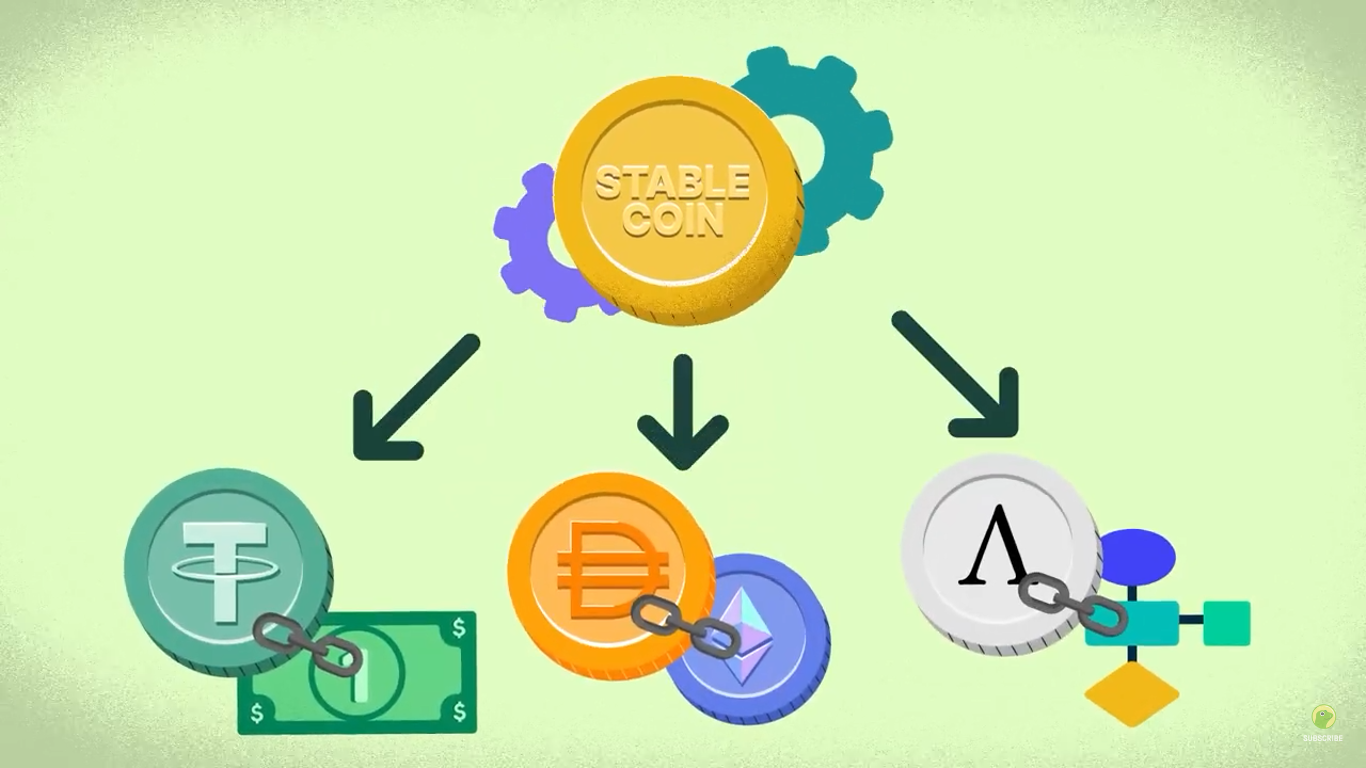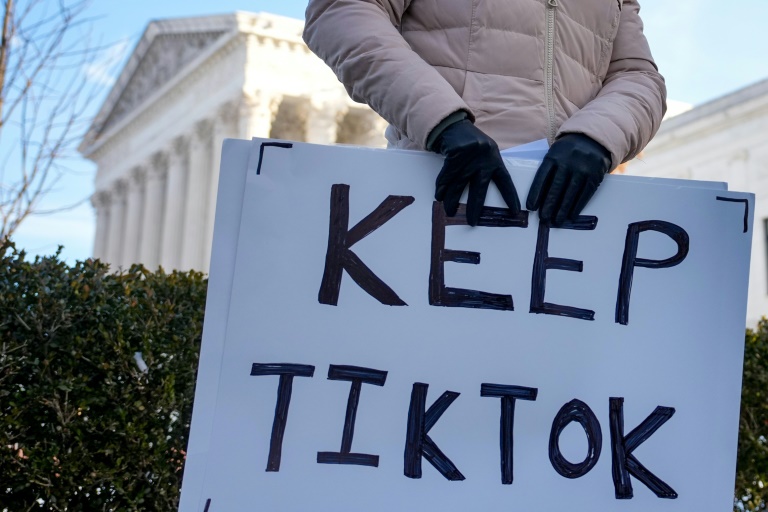[SINGAPORE] An entity controlled by Indonesia’s billionaire Widjaja family has made a voluntary unconditional cash offer for all the shares in Sinarmas Land that it does not already own at S$0.31 apiece.
The offer on Thursday (Mar 27) values the Singapore-listed property developer at S$1.32 billion.
The offeror, Lyon Investments – which counts executive chairman Franky Oesman Widjaja, chief executive officer Muktar Widjaja and Margaretha Natalia Widjaja among its directors – currently holds about 70.3 per cent of the total number of issued shares in Sinarmas Land.
The offer price represents a 12.7 per cent premium over Sinarmas Land’s last traded price of S$0.275 per share on Mar 24, before the company called for a trading halt before market open on Mar 25.
It also represents a premium of about 17.1 per cent, 5.6 per cent and 14.6 per cent over the volume weighted average price of the shares over the last one-month, three-month and 12-month periods, respectively.
The offeror said the trading liquidity of the shares on SGX in the past year has been generally thin, and that the offer allows shareholders to “realise a clean cash exit at a premium”.
A NEWSLETTER FOR YOU
Friday, 8.30 am
Asean Business
Business insights centering on South-east Asia’s fast-growing economies.
It added that it is making the offer to delist the company from the mainboard of the SGX, noting that this will give the management more flexibility to manage the business, optimise the use of its management and capital resources, and facilitate the implementation of any operational change without the attendant costs, regulatory restrictions and compliance issues associated with its listed status.
Trading in shares of Sinarmas Land will be suspended should less than 10 per cent of its total number of shares be held in public hands at the end of the offer.
The offeror said that, in this event, it does not intend to support or take any step for the public float to be restored or for any trading suspension to be lifted.
It added that it intends to exercise its right of compulsory acquisition, should it manage to acquire at least 90 per cent of shares it did not already own before the offer.
The Widjaja family, which controls the Sinar Mas Group, is estimated to have a net worth of US$18.9 billion as at end-December, according to Forbes, ranking it as the fourth richest in Indonesia.
The conglomerate has interests in a wide range of businesses, including paper, property and banking.
In 2023, the family took coal miner Golden Energy and Resources private from the SGX.
More delistings expected
More privatisations of SGX counters are imminent, with at least one multibillion-dollar company set to exit, a top corporate lawyer told The Business Times.
Sandy Foo, deputy head of the corporate and transactional group at Big Four law firm Rajah & Tann, is currently handling “a handful” of privatisation deals – all involving mainboard SGX counters.
Foo, who also heads mergers and acquisitions at the firm, could not disclose company names due to confidentiality.
“The deal values are pretty much in the hundreds of millions to the multi-billion,” she said.
Reasons cited for delisting include providing minority shareholders an exit option ahead of restructuring, or because stock prices are trading “at far below” what sponsors, founders and shareholders consider fair value.
Said Foo: “And so they think – with all the cost of governance and listing fees – maybe we’re better off just taking it off the market.
”None of these companies intend to relist elsewhere, to Foo’s knowledge.
The ongoing deals, depending on their completion timelines, could push total delistings in 2025 into double digits, matching recent trends.
Foo expects delistings will continue to outpace listings this year, in line with the broader market consensus.
Thus far in 2025, at least four companies – 5E Resources, Jes International, Dyna-Mac and Silverlake Axis – have confirmed or completed delistings. There have been no new listings yet.
In 2024, 20 companies exited the SGX, compared to just four new listings. The year before, 2023, recorded 25 delistings against six initial public offerings.
However, Singapore is not alone in experiencing this trend, Foo noted.
Last year, the London Stock Exchange saw 88 companies either delist or transfer their primary listing away from the main market – the highest since 2009 – against only 18 new listings.
“The lawyers in London were bemoaning about how there will be nothing left for them to privatise, and I just looked at them – welcome to my world! We’ve been saying this for 10 years,” Foo said.
Looking ahead, she expressed “optimism” that recent recommendations from the Monetary Authority of Singapore’s equities review group would help attract new listings to the local bourse.
She said: “We are Singapore, (and) I think when we put our minds to something and we work at it together collectively, we do yield results. We just have to be patient about it.”







